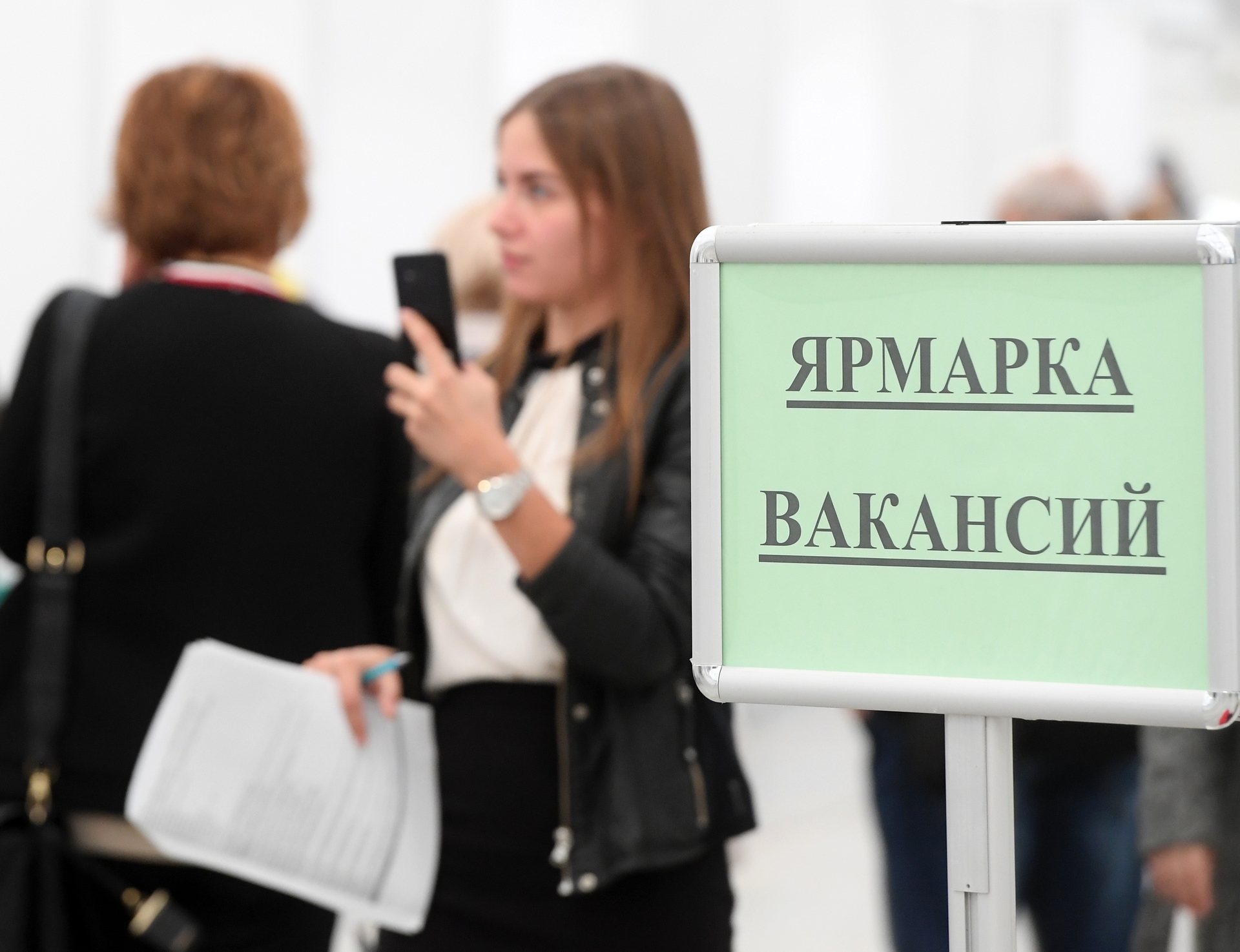Within the framework of three concessional lending programs, Russian banks approved loans to businesses totaling RUB 935 billion. This is stated in the message of the Ministry of Economic Development, published on Thursday, July 23.
“Among those who have concluded agreements are small, medium and micro-enterprises, large business and socially-oriented non-profit organizations,” the ministry said.
According to the department, companies affected by the coronavirus have issued more than 37 thousand interest-free loans in the amount of 95 billion rubles. At the same time, banks approved over 126 thousand loan agreements at 2% per annum in the amount of 304.6 billion and 9 thousand agreements at a rate of 8.5% per annum for 535 billion rubles.
Recall that the money received by the business must be directed to pay salaries to staff at the rate of one minimum wage (12,130 rubles) per employee. At the same time, the loan itself can be partially or completely written off if employers keep their jobs.
“Initially, the government planned to allocate about 250 billion rubles for loans to businesses. However, the demand for this measure of support turned out to be agiotage. In conditions of a shortage of working capital, it was extremely important for entrepreneurs to reduce the likelihood of bankruptcy and retain staff. This prompted the authorities to expand funding, "Pavel Sigal, vice president of the all-Russian public organization for small and medium-sized businesses" Support of Russia, "told RT.
The most demanded soft loans were among the companies in the entertainment and recreation, tourism, and hotel business. Anton Pokatovich, economist at BCS Premier, spoke about this in an interview with RT.
“During the period of self-isolation, these companies remained closed, but were required to pay salaries to employees and allocate money to support the business in working order. Also, catering points and non-food retail enterprises found themselves in a slightly less difficult situation - they were able to partially switch to a contactless delivery system for their products. In fact, government loans helped these spheres stay afloat and keep the state, ”the expert noted.
According to the Federal State Statistics Service and the Ministry of Economic Development, in March the unemployment rate in Russia was about 4.7%, but by the end of June the value increased to 6.2%. However, according to experts, the measures of state support for business made it possible to avoid a more serious weakening of the labor market.
As the Minister of Economic Development Maxim Reshetnikov said earlier, the concessional lending program at 2% per annum alone supported more than 3 million jobs. In general, financial assistance to enterprises from the state helped to save about 10 million Russians from dismissal. This point of view in a conversation with RT was expressed by the director of market analytics for the resource podelu.ru Lilia Fedulina.
“Loans have become a key instrument that helped keep the unemployment rate in Russia at an acceptable level. Even small enterprises now have a chance to maintain staff in the absence of activity, which allows reducing the costs of dismissal and subsequent recruitment of employees. Moreover, the possibility of writing off these loans will become an incentive for entrepreneurs not to reduce their staff in the future, ”added Fedulina.
- RIA News
- © Maxim Bogodvid
The gradual stabilization of the labor market should lead to an increase in the purchasing activity of Russians and thereby stimulate the consumer demand, which has sagged in recent months. Georgy Ostapkovich, director of the Center for Market Research at the Institute for Statistical Studies and Economics of Knowledge, NRU HSE, adheres to this assessment.
“The preservation of jobs can serve as a driver for the rapid recovery of consumer demand in the country. Russians with a stable income are unlikely to be afraid to spend money on everyday needs and entertainment. Due to the growth in domestic consumption, many key sectors of the economy are developing, which ultimately has a positive effect on the annual GDP, "Ostapkovich explained in a conversation with RT.
According to Maxim Reshetnikov, as a result of the consequences of the coronavirus pandemic in 2020, Russia's GDP may decrease by 4.8%. However, by the end of next year, the rate of economic growth may return to the pre-crisis level, the minister said.
According to Georgy Ostapkovich, in 2021 the country's GDP will show compensating growth within 2.5%, and in 2022 it will add about 3.5%. In many respects, the recovery of the indicator will be associated with the support of small and medium-sized businesses, the expert believes.
“Lending to companies and entrepreneurs is one of the leading engines of the economy. With the funds received, enterprises will produce more goods and services, which will give additional percentages of GDP growth. Therefore, the government will continue to provide assistance to businesses for several more years. Moreover, the accumulated gold and foreign exchange reserves of $ 570 billion allow this to be done, ”concluded Ostapkovich.

